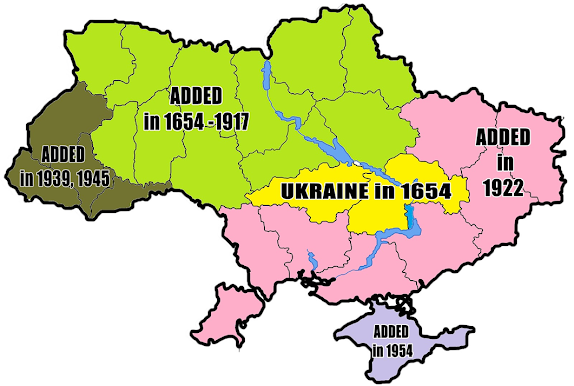I’ll accept that there is much misinformation online, but
the difference there is that there are multiple narratives, despite the best
efforts of media platform giants to downlist or outright censor the ones
officialdom doesn’t want you to see. For example, our editor at TCW notes that Trump’s recent speech at CPAC was ‘difficult to find via Google.’ As for Facebook,
I’d like its new ‘global affairs’ supremo, ex-LibDem leader Nick Clegg to
define ‘Liberal’ and ‘Democrat’. (Me, I’d prefer Compo to Cleggy at the helm; Foggy’s not available: he’s
already in charge of the USA.)
Although YouTube also participates in selective smothering, it still allows us many pleasures including Russell Brand, who rightly says he has to decode everything he gets from mainstream media news, and ‘we’re beyond the era of goodies and baddies; there are just baddies now.’
Brand goes on to suggest that the political and moral issues in WWII might also have been complex.
I’ll second that. A couple of personal anecdotes from that
War: one afternoon in Wiesbaden, my grandmother invited an old man to tea with us
so he could tell me his experience as a German submariner, destroyed in the
Baltic. ‘Oma’ had no English and my German has always been poor, but I
understood what he said: as he and his surviving crewmates struggled in the
water, hors de combat, the British raked them with machine-gun fire.
In England, I listened to an old friend who had earlier been
in the merchant navy, taking supplies to Archangel, and who later found himself
serving in, I think, Sicily as the Allies moved up into Italy. A line of German
prisoners was being led along a road by the side of a cliff, and the driver of
a passing jeep deliberately swerved to crush them against the cliff wall. Seeing
this, my friend immediately unslung his rifle and shot the driver. No trial
followed: it was a case of ‘least said, soonest mended.’
Oh, and another. Despite the rapists and murderers of the
Red Army that my mother and her family fled in ‘der Flucht’ from East Prussia,
ironically it was a crazed American soldier in Allied-occupied territory that
nearly killed her, wanting someone to get in revenge for the death of his
buddy. Fortunately my mother was strong – the mandatory daily two hours of PE
in schools under the Nazi regime must have helped – and so she broke his stranglehold
and climbed over a wall. The best bit is that she came to see his CO the next
day, to report it in order to prevent someone else being killed.
War is hell on every level, and I am shocked at the partisan,
oversimplified (sometimes faked) and bloodthirsty coverage in the MSM. Was it
in Mark Twain that I read of the cruelty of boys who tied two cats’ tails
together, and flung them over a washing line to watch them eviscerate each
other? That’s what this Ukraine affair brings to mind, and much of the mainstream
media are trying to blame one of the cats.
Perhaps it is a miracle that our species has lived so long
in the nuclear age. After the A-bombings in Japan a Scots engineer noted pessimistically in his diary: ‘There is no hope in man . . . The end is near – perhaps some
years only.’
As it happens, this week marks the sixtieth anniversary (28th February) of the US making 15 Russia-targeted nuclear missiles operational in Izmir, western Turkey. This was a factor in Khrushchev’s agreeing to Castro’s request to site Russian missiles in Cuba, a business that came within an ace of getting most of us killed. Kennedy’s Joint Chiefs of Staff were gung-ho for bombing and invading Cuba; only the President’s strength of character prevented an escalation that could have started a brief and very hot WWIII. It is a prime example of why war should not be left to the military. If we are tempted to think ‘Doctor Strangelove’s’ General Turgidson’s cavalier attitude to mass casualties...
...is a caricature, we should remember that in WWI ‘The man who commanded [Dennis] Wheatley's division, General Sir Oliver Nugent, had boasted that a double decker London omnibus would hold all the men he intended to bring home alive.’ (p.139 here)
It was our great wartime leader and discipliner of generals
Winston Churchill himself who said ‘Meeting jaw to jaw is better than war.’ We must hope that Ukrainian peace talks are swiftly and successfully concluded
and that powerful third parties reconsider the folly of severe and prolonged
mischief-making in other people’s countries.
Especially, it would be good to see our Fourth Estate at
least trying for independence, truth and accuracy, and restraint of expression.
Otherwise, perhaps it would be best for the ‘dead tree press’ to die.
















